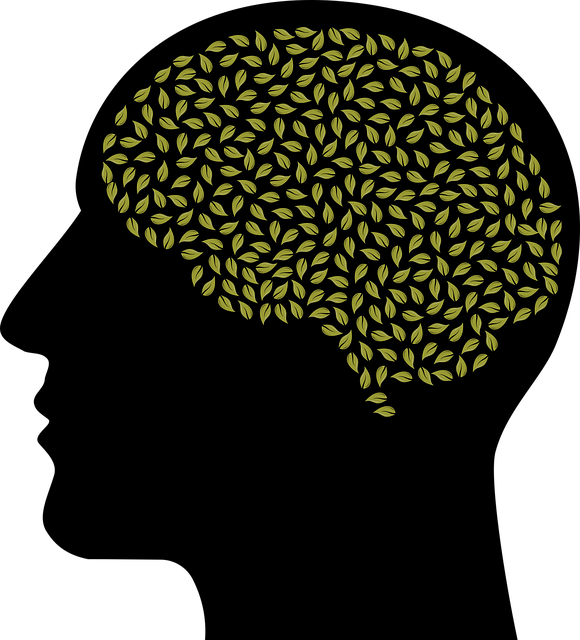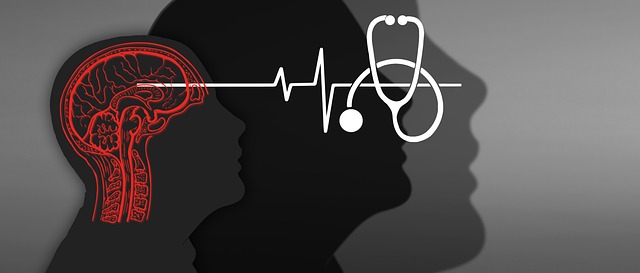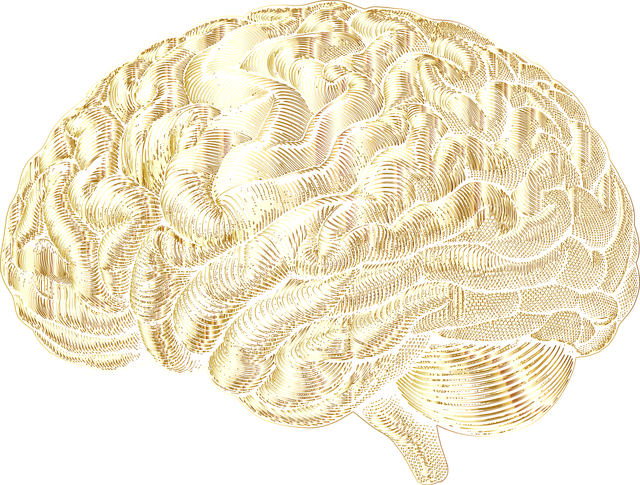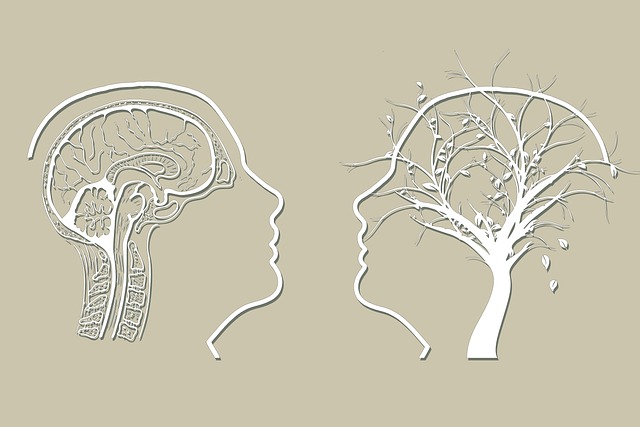Wheat Ridge Psychosis Therapy focuses on equipping individuals with tailored coping skills to manage stress and improve mental well-being. By combining Mind Over Matter principles, they empower clients to enhance self-esteem, regulate emotions, and challenge negative thought patterns. This holistic approach includes identifying triggers, developing mitigation strategies, and employing techniques like mindfulness, cognitive reframing, and art therapy. Through community outreach, education, and support groups, Wheat Ridge Therapy promotes stigma reduction, emotional healing, and enhanced overall well-being.
Coping skills development is a vital aspect of maintaining mental well-being. This article explores the significance of these skills in navigating life’s challenges. We’ll delve into understanding coping mechanisms, identifying personal stressors, and employing effective strategies. A key focus is the role of Wheat Ridge Psychosis Therapy in enhancing these skills, offering a comprehensive approach to mental health support. By the end, readers will grasp practical tools to manage stress and improve their overall resilience.
- Understanding Coping Skills and Their Significance in Mental Health
- Identifying Personal Stressors and Triggers: A Key Step in Development
- Strategies for Building Effective Coping Mechanisms
- The Role of Wheat Ridge Psychosis Therapy in Enhancing Coping Skills Mastery
Understanding Coping Skills and Their Significance in Mental Health

Coping skills are the strategies individuals use to navigate and overcome life’s challenges, managing stress, emotions, and difficult situations effectively. These skills are a cornerstone of mental health wellness, as they enable people to adapt to change, resolve problems, and maintain balance in their lives. At Wheat Ridge Psychosis Therapy, we emphasize the importance of developing robust coping mechanisms to support overall psychological well-being.
Understanding that each person has unique experiences and needs, our approach incorporates Mind Over Matter principles to foster Self-Esteem Improvement and Stress Management. By teaching clients practical techniques for managing stress, regulating emotions, and enhancing problem-solving abilities, we empower them to face life’s obstacles head-on. Through therapy, individuals learn to recognize and challenge negative thinking patterns, develop healthier coping behaviors, and build resilience, ultimately improving their ability to navigate both ordinary and extraordinary circumstances with greater ease and confidence.
Identifying Personal Stressors and Triggers: A Key Step in Development

Identifying personal stressors and triggers is a foundational step in coping skills development. This process involves introspecting to recognize patterns and events that incite feelings of stress, anxiety, or distress. A thorough understanding of one’s unique triggers empowers individuals to begin tackling them head-on, making it an essential component of therapy at Wheat Ridge Psychology. By acknowledging these stressors—be they related to work, relationships, financial worries, or health issues—therapists and clients can collaboratively devise effective strategies for mitigation. This step is crucial in the journey towards burnout prevention and mental illness stigma reduction efforts, as it enables individuals to manage their emotional responses proactively.
Furthermore, recognizing triggers opens doors to exploring conflict resolution techniques that foster healthier relationships and improve overall well-being. Through this introspective practice, individuals gain insights into their reactions to various situations, allowing them to choose more adaptive coping mechanisms rather than resorting to unhealthy behaviors. This proactive approach not only enhances resilience but also enables people to navigate life’s challenges with greater ease and composure.
Strategies for Building Effective Coping Mechanisms

Developing effective coping mechanisms is a valuable skill that can significantly improve one’s overall mental well-being. At Wheat Ridge Psychology Therapy, we emphasize the importance of teaching individuals tailored strategies to navigate life’s challenges and promote resilience. Coping isn’t about avoiding problems; instead, it empowers people to face stressors head-on and maintain a sense of balance.
Our therapists guide clients in discovering personalized techniques, ranging from mindfulness practices and cognitive reframing to creative outlets like art therapy. By integrating these strategies into daily routines, individuals gain tools for managing anxiety relief and reducing the impact of stressful situations. In the broader context, mental health education programs design plays a crucial role in empowering communities, while advocacy efforts contribute to shaping Mental Health Policy Analysis and Advocacy, ensuring better access to effective coping resources.
The Role of Wheat Ridge Psychosis Therapy in Enhancing Coping Skills Mastery

Wheat Ridge Psychosis Therapy offers a specialized approach to coping skills development, focusing on empowering individuals to navigate life’s challenges effectively. Through evidence-based therapeutic practices, clients gain valuable tools to manage stress, anxiety, and other mental health concerns. The therapy sessions are designed to foster emotional healing processes, enabling participants to develop resilience and enhance their overall well-being.
In addition to individual therapy, Wheat Ridge Psychosis Therapy implements a Community Outreach Program that aims to reduce the stigma associated with mental illness. This initiative includes educational workshops, support groups, and awareness campaigns, creating a supportive network where individuals can share experiences and learn from one another. By combining therapeutic interventions with community engagement, this program facilitates personal growth, improves coping strategies, and promotes a sense of belonging, ultimately contributing to the mastery of coping skills in a stigma-free environment.
Coping skills development is a transformative journey towards better mental health and well-being. By understanding the significance of these skills, identifying personal stressors, and employing effective strategies, individuals can enhance their resilience. The role of Wheat Ridge Psychosis Therapy in this process is invaluable, providing tailored support to master coping mechanisms for a more balanced and fulfilling life. Through dedicated practice and professional guidance, one can navigate challenges with newfound confidence and adaptability.














